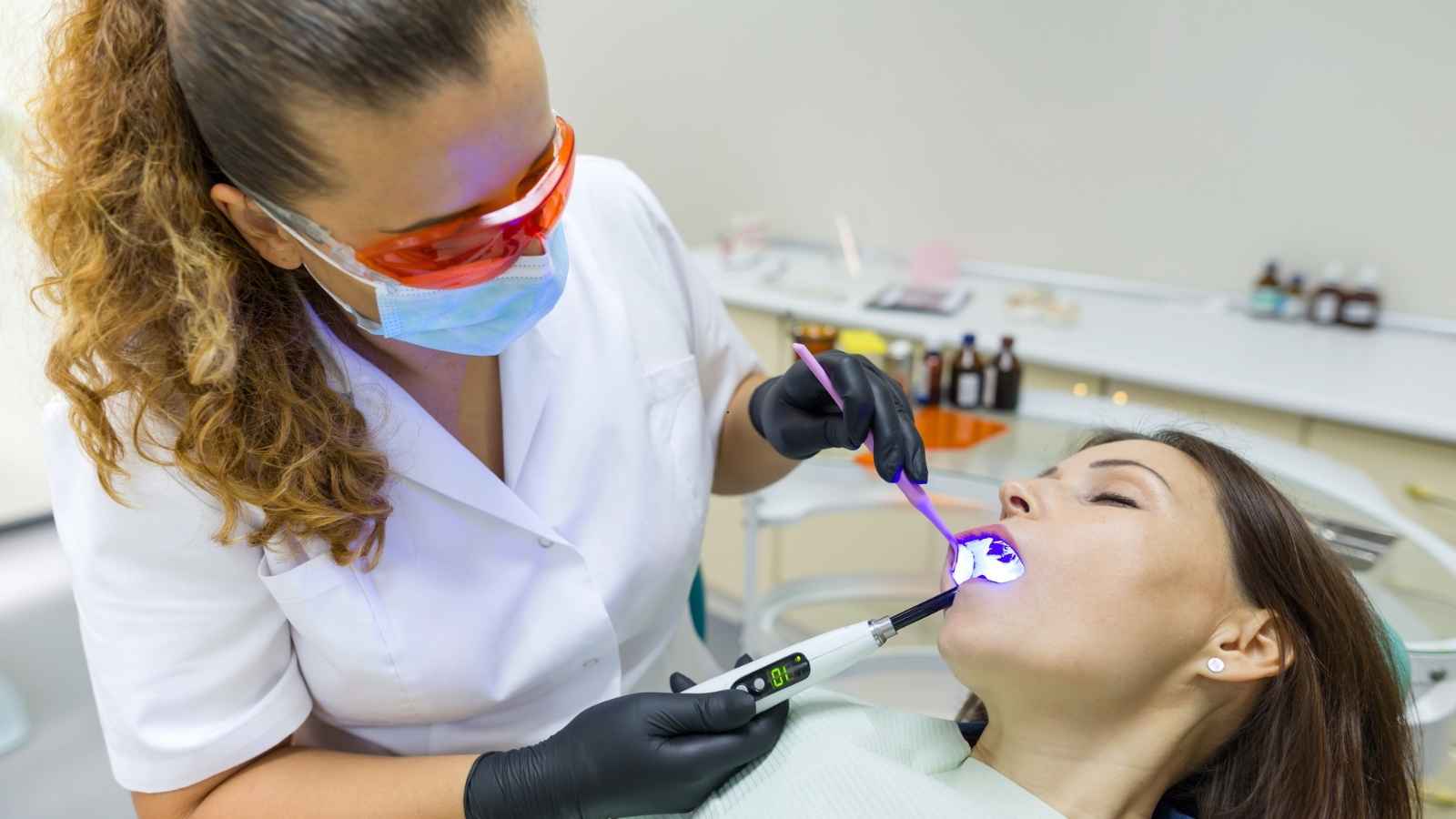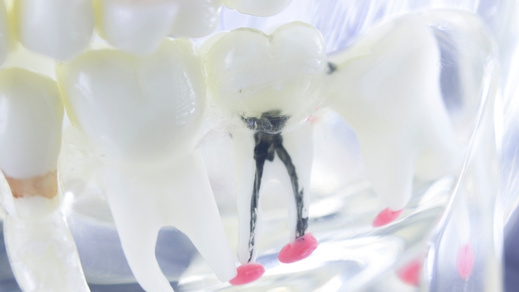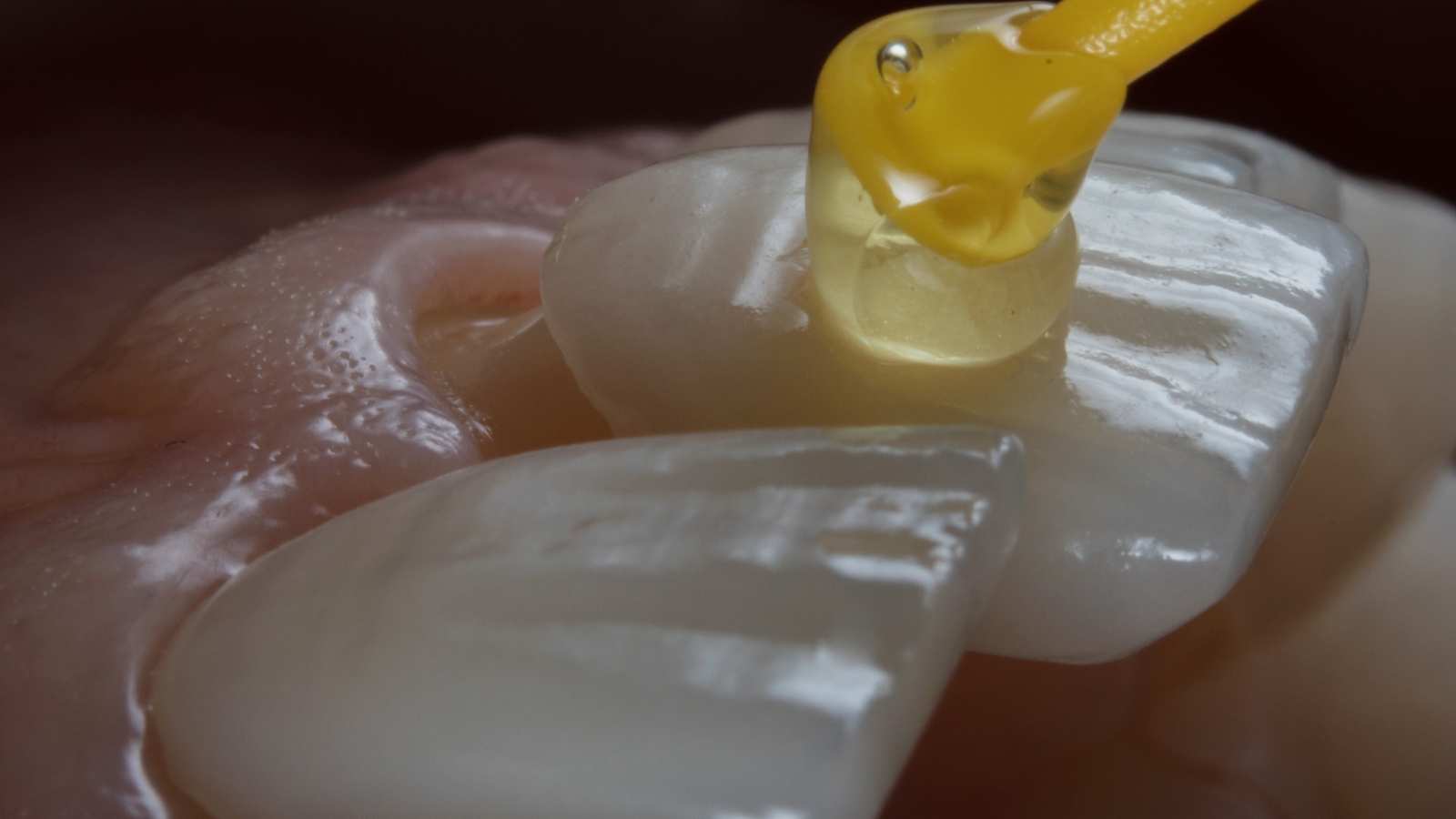We accept Medicare
Managing Anxiety: How Does Sedation for Tooth Extractions Help?

Dental anxiety is a common issue that many people face. It can stem from various factors, making dental visits daunting. Managing this anxiety is crucial, especially during procedures like tooth extractions, which can be stressful.
One effective way to help patients cope with anxiety is through sedation. Sedation provides a relaxed environment, allowing patients to undergo dental procedures with less fear and discomfort.
Understanding Dental Anxiety
Dental anxiety refers to the fear and nervousness that some patients feel before or during dental appointments. Studies show that up to 75% of adults experience some form of dental anxiety.
Common causes include fear of pain, negative past experiences, and the sight of needles or dental instruments. Many patients associate dental visits with discomfort, making them reluctant to seek treatment. Research indicates that anxiety can lead to increased heart rates and elevated stress levels during appointments.
Additionally, the fear of dental procedures can create a cycle where patients delay or avoid necessary care, leading to more severe dental problems down the line. Understanding these factors is vital for creating a supportive environment that addresses anxiety and encourages patients to seek help.
The Impact of Anxiety on Dental Care
Dental anxiety can severely impact a person’s willingness to seek care. Many individuals postpone routine checkups or necessary procedures due to their fear. This avoidance often worsens dental health, leading to more complex issues like cavities and gum disease. Over time, untreated problems can cause pain and require more invasive treatments.
Studies show that anxious patients are less likely to maintain regular dental visits. They may face higher risks of oral infections and tooth loss. Moreover, the stress of avoiding dental care can create a cycle of anxiety, making future visits even more challenging.
By addressing anxiety and creating a supportive environment, dentists can help patients feel more comfortable and receive the care they need.
How Does Sedation Help During Tooth Extractions?
Tooth extractions can be particularly anxiety-inducing for many patients. The thought of pain, the sound of dental tools, and the overall experience can trigger fear. Sedation can significantly ease these concerns, creating a more pleasant experience.
During the extraction process, sedation minimizes discomfort and helps patients feel relaxed. With sedation, patients may have little to no memory of the procedure, reducing anxiety about the experience.
Many patients report feeling more at ease during their extractions due to sedation. Sedation helps manage pain and reduces anxiety and fear. Patients can leave the dental office feeling relieved rather than stressed. This approach encourages individuals to seek dental care without fear, promoting better oral health.
Types of Sedation for Tooth Extractions
Understanding the different types of sedation for tooth extractions can help patients choose the right option. Here is a breakdown of the most common methods:
1. Nitrous Oxide (Laughing Gas)
Nitrous oxide provides light sedation and helps patients feel relaxed. It is fast-acting and wears off quickly. Patients can return to their normal activities soon after the procedure. However, it may not be suitable for those with certain respiratory issues.
2. Oral Sedation
Oral sedation involves taking a pill before the procedure. This method has a longer onset time, so patients need to plan ahead. While it effectively reduces anxiety, patients may feel drowsy afterward and will need assistance getting home.
3. IV Sedation
IV sedation offers a higher level of sedation and is suitable for longer procedures. The dentist can control the sedation level during the procedure. Patients may feel relaxed and sleepy, but they may have a limited memory of the experience. Recovery may take longer compared to other methods.
4. General Anesthesia
General anesthesia puts patients into a deep sleep and is ideal for complex extractions or individuals with severe anxiety. While it effectively eliminates awareness and pain, patients require careful monitoring during and after the procedure. Recovery takes longer, and patients need assistance after the appointment.
Each sedation type has its pros and cons. Patients should discuss their options with their dentist to determine the best fit for their needs.
What to Expect During the Procedure?
Before a tooth extraction, the dentist will discuss the chosen sedation method. For nitrous oxide, a mask will be placed over the nose, allowing patients to breathe in the gas. For oral sedation, patients will take a pill before the appointment. Those receiving IV sedation will have an IV line placed in their arm.
During the procedure, patients can expect to feel relaxed and may have little awareness of what’s happening. After the extraction, patients will recover in a monitored area. Some may feel drowsy or groggy, especially after oral or IV sedation.
Dentists will provide post-procedure instructions, including pain management and care for the extraction site. Patients should arrange for someone to drive them home if they receive heavier sedation.
Addressing Concerns about Sedation
Many patients have concerns about sedation. One common myth is the fear of being “put to sleep” and not waking up. In reality, sedation dentistry aims to keep patients relaxed and aware during procedures. Most sedation methods allow patients to respond to questions and instructions.
Safety is a top priority during sedation. Dentists monitor patients’ vital signs throughout the procedure, ensuring their well-being. It is crucial for patients to discuss their medical history with the dentist before the procedure. This includes medications, allergies, and any existing health conditions. Open communication helps dentists choose the safest sedation option tailored to each patient’s needs.
Using tooth extraction sedation can significantly help manage anxiety. It creates a comfortable environment, allowing patients to receive necessary care without fear. If you experience anxiety about dental procedures, talk to our dentist about sedation options. Taking this step can lead to a more positive dental experience. Schedule a consultation today to learn more about how sedation can help you.


